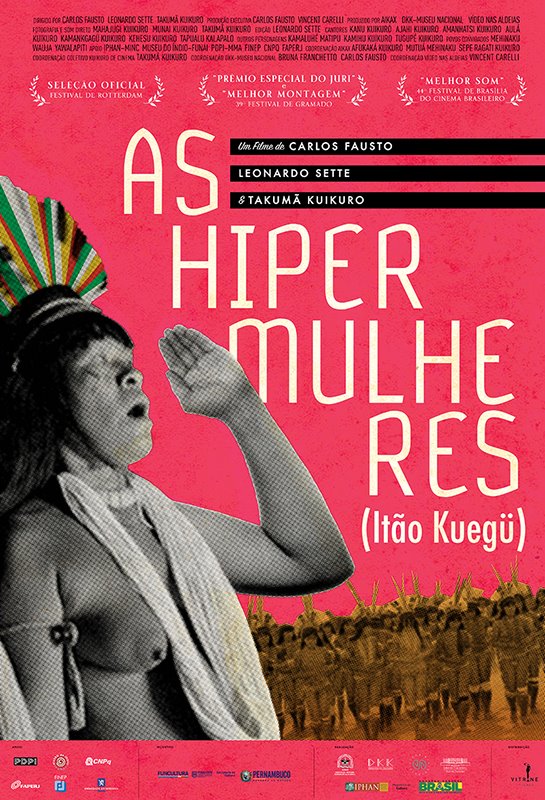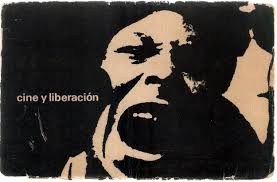MHIS-205 Film + Media Aesthetics
Assistant professor
Emily Carr University of Art + Design
September - December 2023
This course surveys key strategies for viewing, listening, and writing about film and media form, with a focus on live-action and animated films. Students will delve beneath the surface of traditional narrative analysis, to explore how moving-image works operate in unique audiovisual ways. A first major component of the course will establish a comprehensive vocabulary for analyzing the basic elements of film form: mise-en-scène, cinematography, editing, and sound. Looking closely at examples shaped by classical narrative cinema, as well as other cinema traditions, students will examine how film elements work together in interconnected ways to form meaningful patterns. A second major component of the course will explore how audiovisual elements operate across different genres and modes like documentary, art cinema, independent cinema, and avant-garde cinema. Lectures and required screenings are accompanied by seminars, in which students actively develop and practice formal analysis and interpretive skills.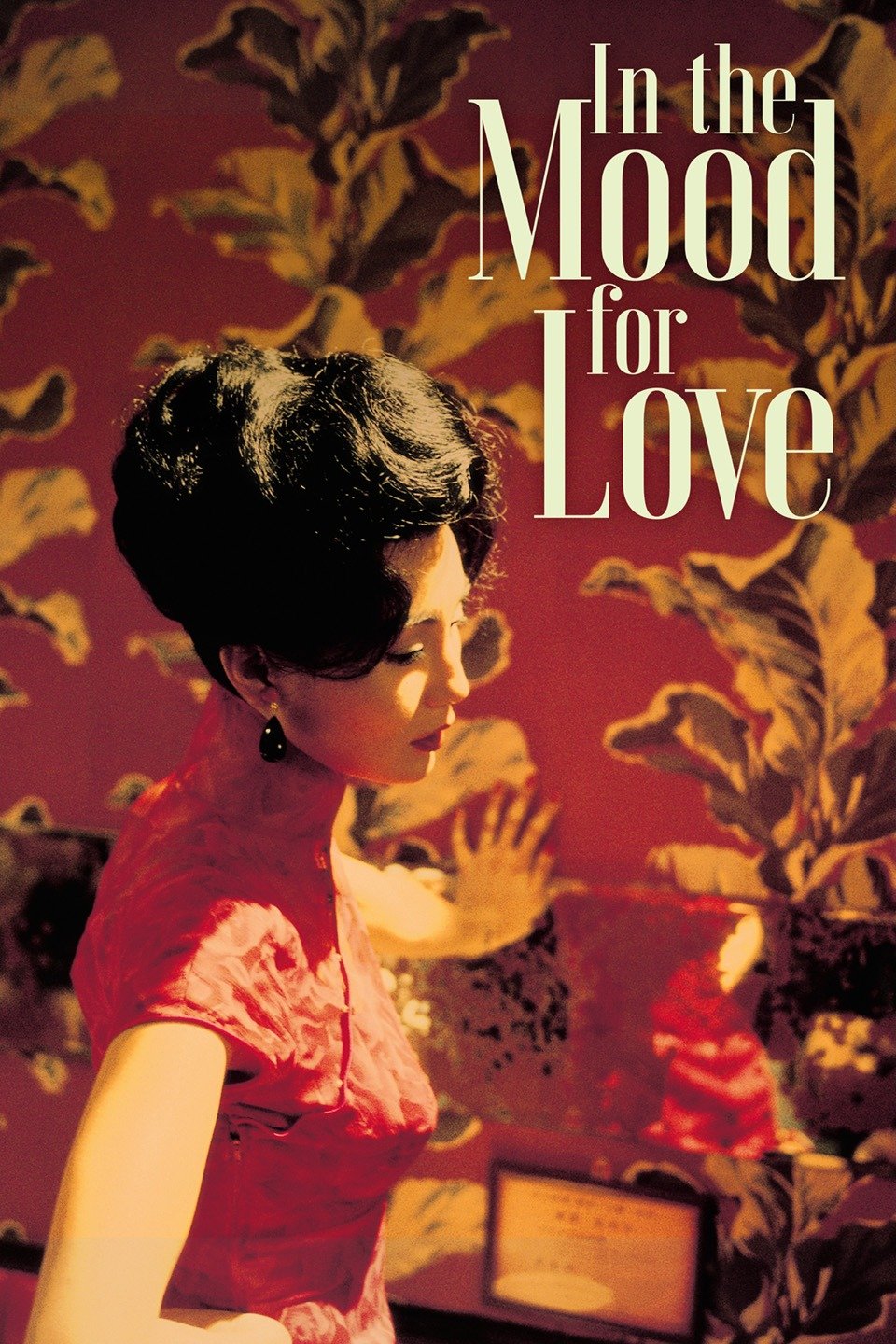

HUMN-305: Studies in the Humanities
Assistant professor
Emily Carr University of Art + Design
September - December 2023
Labour politics and representation
How do gender, ethnicity and class shape labour histories? What approaches have artists and filmmakers used to represent labour histories and politics? What are some of the key theories that explain the origins, tactics, and successes of labour movement organizing? This special topic course will focus on how labour histories, politics, and representations intersect with capital and empire. Organized into three thematic overlapping modules: “Migration, Borders, and Labour,” “Domestic and Reproductive Labour,” and “Working Class Histories, and Movements,” this course is designed to introduce students to an interdisciplinary and critical study of labour politics and representation. This course further examines how artists and filmmakers address issues of labour. We will collectively investigate how political, ideological, economic, organizational, historical, and cultural factors shape labour politics and representation.
Artwork by Ester Hernandez, Sun Mad, 1982, screenprint on paper, 22" x 17"; Sun Raid 2021, screenprint 22” x 30.”
FIST 430 - Studies in Auteurism
Sessional Lecturer
University of British Columbia
January-April 2023
Black Cinema Auteurs: Lineages and diasporas
Auteur theory or la politique des auteurs was originally developed by French film critics who wrote for the French magazine Cahiers du Cinéma in the 50s and 60s. The theory developed to highlight white American and European men who film critics deemed to have a mastery over their craft and who demonstrated a “core of basic motifs which remain consistent” (Wollen, 1969). This course addresses how film theory in general, and auteur theory in particular, has excluded the significant contributions of Black cinema auteurs. Despite creating work in a racist, sexist and homophobic society and industry, we will examine the works of luminary Black artists and how they continue to influence filmmakers globally. Some of the questions we will examine are: How have and how are Black cinema auteurs changing the racial politics of screen representations? How can a theory that glorified the work of mostly white Euro-American men be adapted to Black filmmakers who haven’t had the same privilege of studio backing, industry breaks, and access to film funding? What are the lineages and diasporas of Black cinema auteurs? Through lectures, screenings, readings, and discussions we will work to unpack these questions and the contributions of Black cinema auteurs to film history and culture. 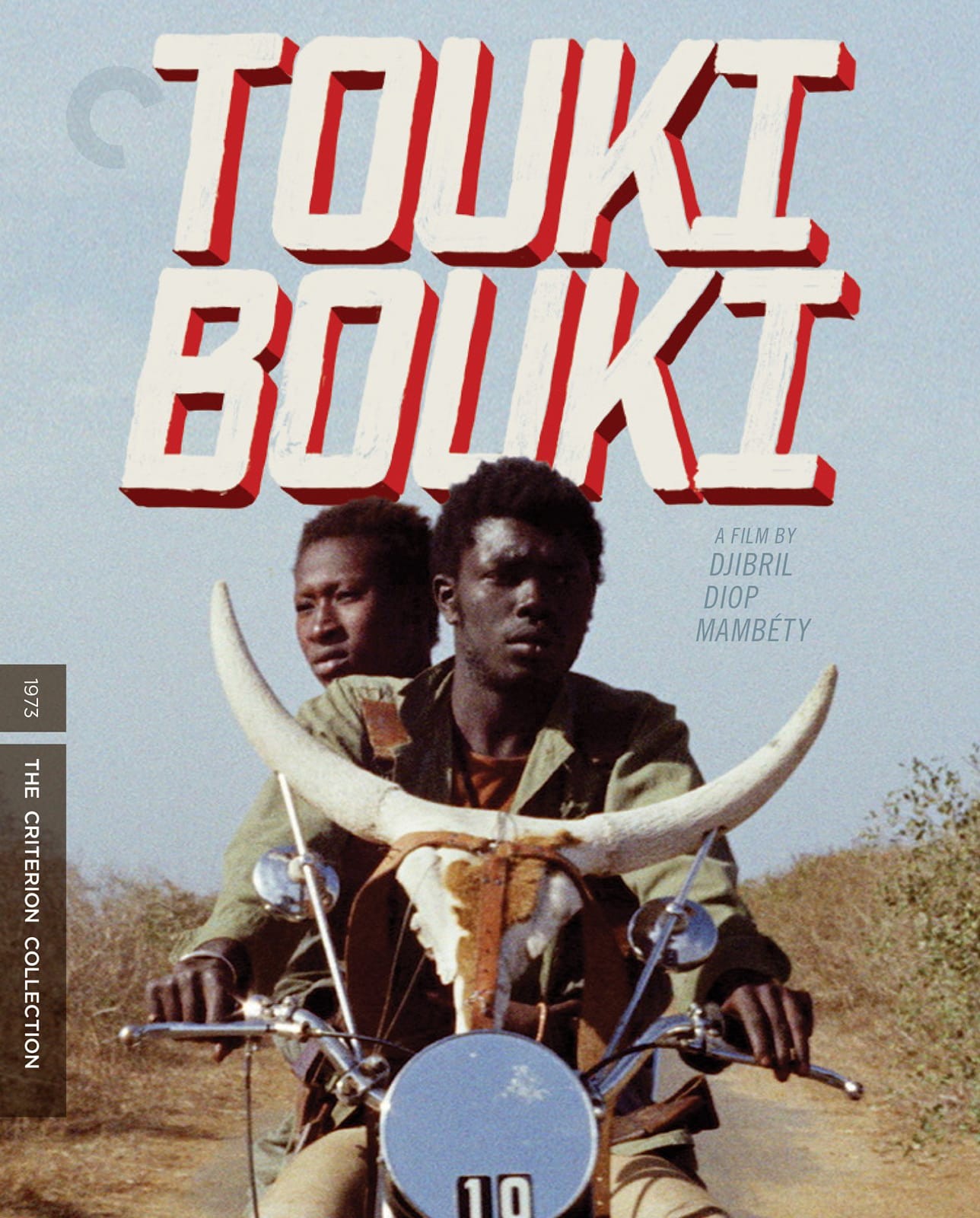
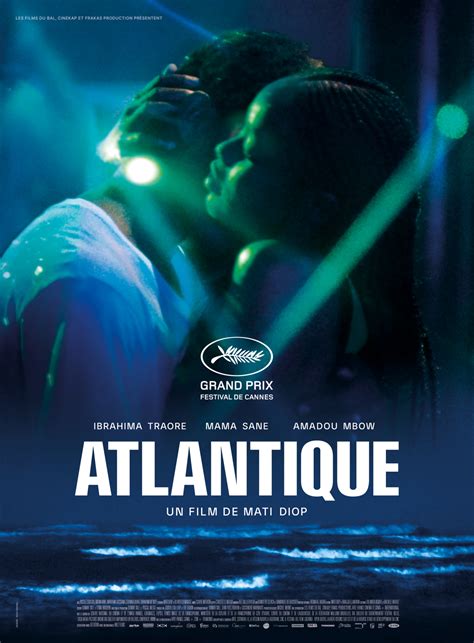
MHIS 429 – Topics in Film + Media Theory
Sessional Faculty
Emily Carr University of Art+Design
May-June 2022
Poetry and Politics of Liberation in Contemporary Brazilian Cinema
With a focus on women, Black, Indigenous and queer subjectivities, this course will construct a national discourse from the margins of representation, in a time of political authoritarianism and repression. From Indigenous and Black cinemas to genre theory to social realism, and to the aesthetics of hunger, hybridity, and trash, we will examine resistance to ongoing histories of colonization, patriarchy, and oppression through radical cinematic imaginations. How is genre, documentary and every mode in-between adopted by Brazilian filmmakers to communicate radical politics and to tell revisionist histories of the nation? What do the films articulate about the culture, history, geopolitics, and the social realities of Brazilians? What are the ethics of representation in constructing a national / anti-national cinema? Guided by the films, filmmakers, our readings, and guest speakers, we will collectively work to unpack these questions.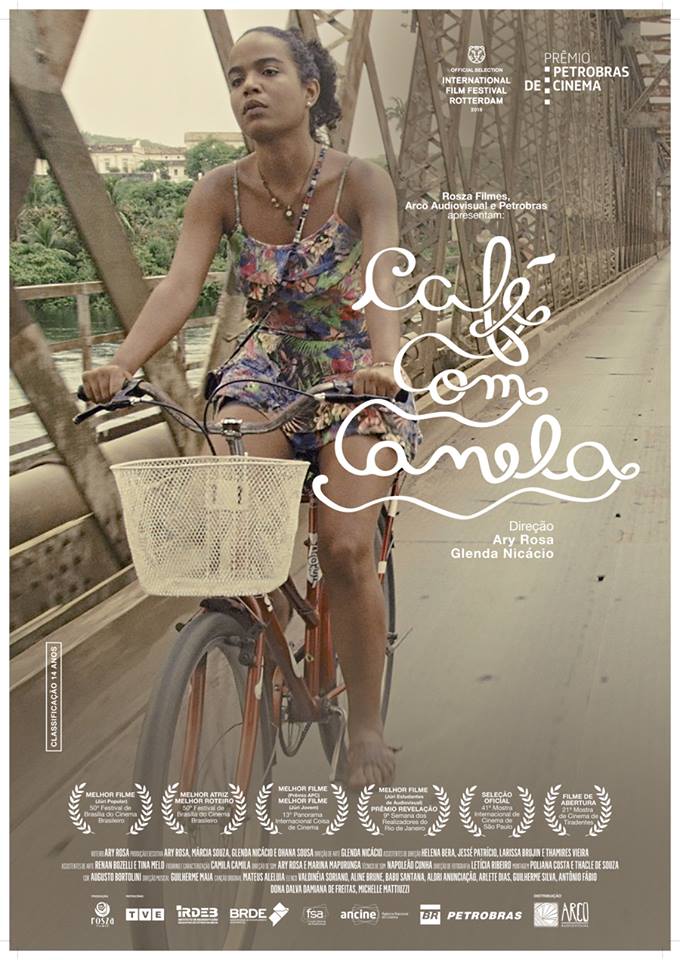
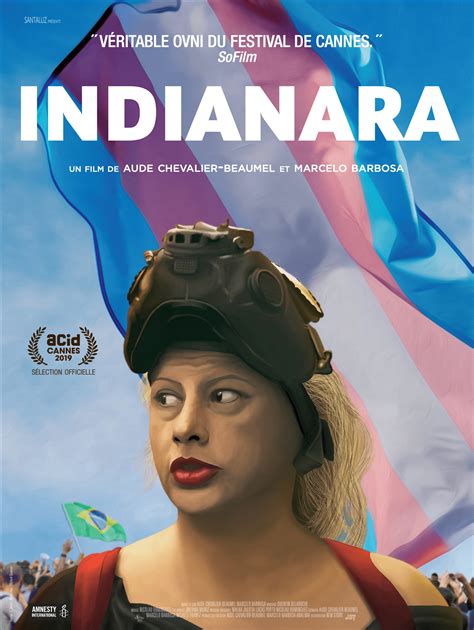
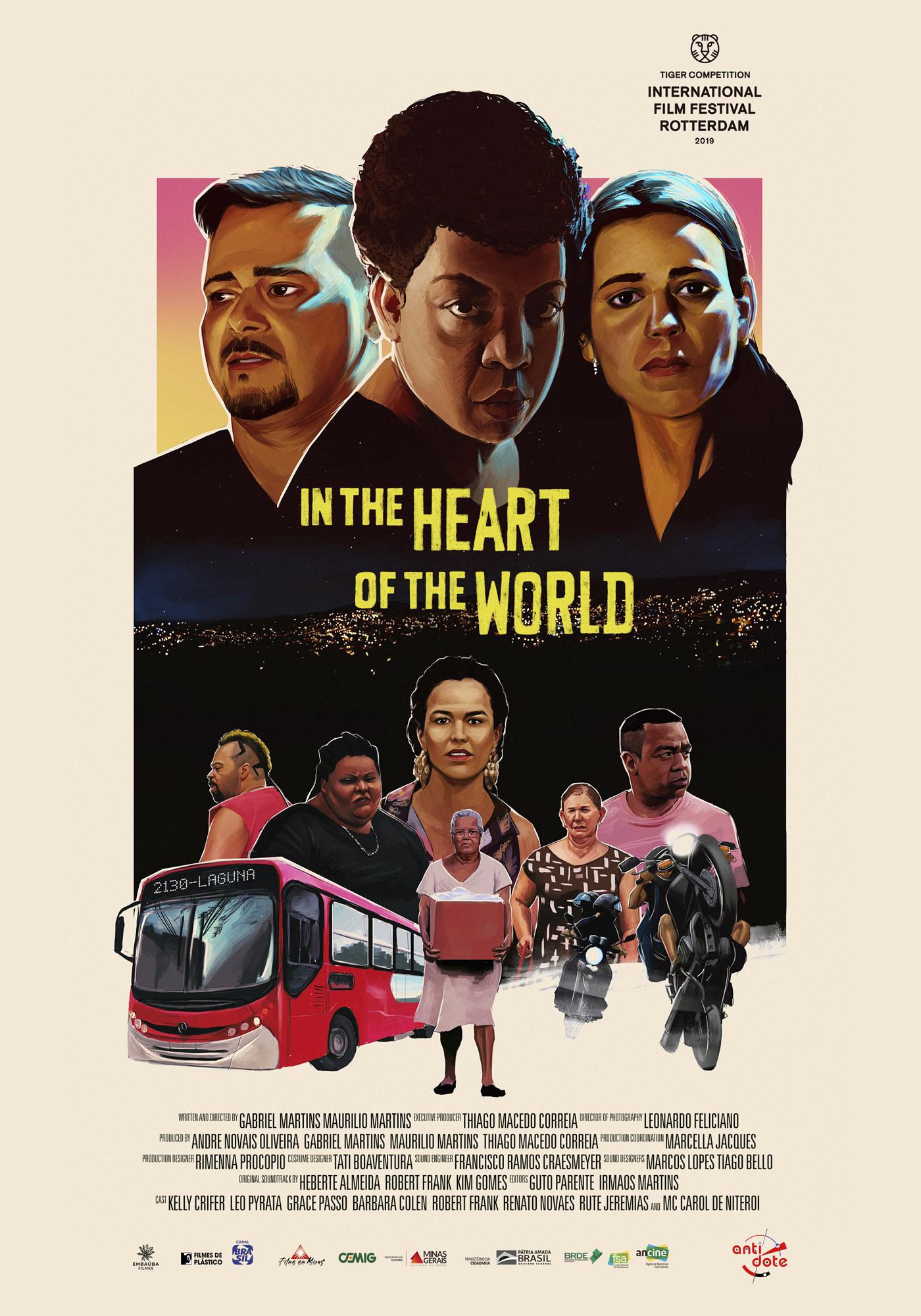
SOCS 302: Ethics of Representation
Sessional Faculty
Emily Carr University of Art+Design
January-April 2022
Ethics, aesthetics, and representations of border identities in contemporary film and art practices
The concept of the border occupies a central place in representational practices and in shaping our collective imaginary of border politics, crossings, and identities. Through screenings, critical texts, guest presentations, field trips, and group discussions, we will investigate film, media, and visual art practices that take up the concept of “the border/ la fronteira” through diverse representational strategies. How is the border and borderlands both representative of a geopolitical and metaphorical site of periphery, liminality, and colonial histories? How are immigrant, refugee, and diaspora stories told and represented? Who is empowered and who is disempowered in the construction of these regimes of representation? How does the border become a site of knowledge production that implicates race, class, sex, gender, language, and immigration status? Using critical border thinking frameworks as part of our analysis (Anzaldúa, Mignolo) and drawing from Mestiza consciousness (Moraga, Falcón, Montoya) and Third World Feminist thought (Trinh T. Minh-Ha), we will examine how colonization, cultural displacement, transnational identities, homeland politics, and remix culture inform an inquiry into the ethics, and aesthetics of representing border subjects. This seminar course will respond to our lived experiences as border crossers/ occupiers, as well as the local histories, and cultural, political, environmental, and social perspectives related to the unceded lands and territories ECUAD occupies.
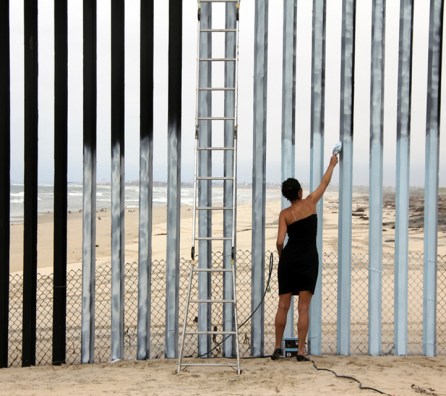
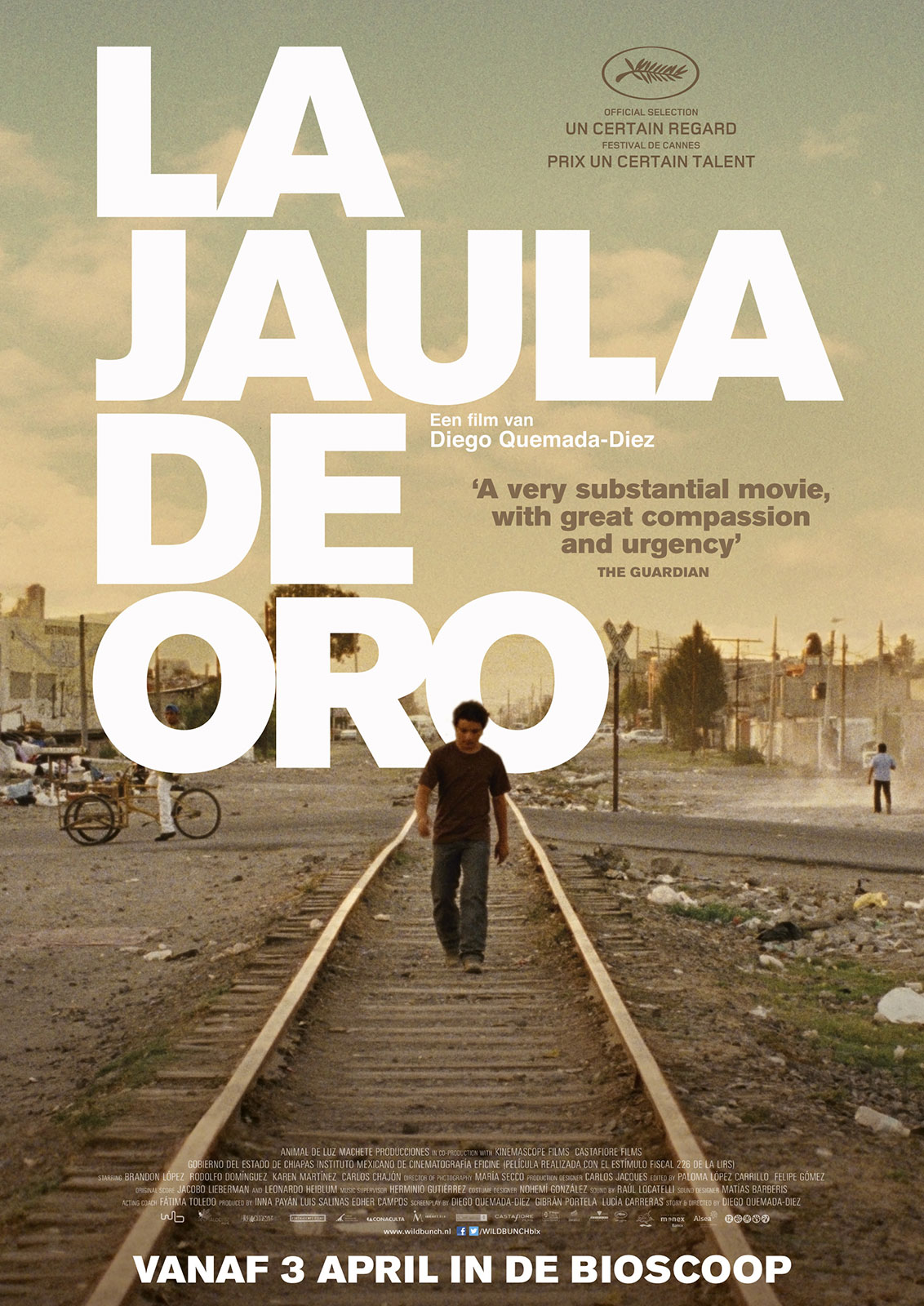
Erasing the Border (2011) Ana Teresa Fernández The Golden Dream (2013) Dir. Diego Quemada-Diez
HUMN 311 - VISUAL ART SEMINAR
Sessional Faculty
Emily Carr University of Art+Design
January-April 2022
Decolonizing, reactivating, and intervening in the archive – a research-creation practice
In this visual art seminar, we will examine archival practices in visual and media art that address the archive as a site of decolonization, of reactivation, of intervention and of artistic creation. Through research-creation, we will explore how artists from diverse subject positions and cross cultural contexts use the archive as a source, concept, or subject to interrogate colonial histories; to reclaim collective memory; or to create a new archive. How has historical knowledge been produced, communicated and preserved? Whose stories have been told, remembered, and accessed? We will contend with the colonial legacies of institutional archives, master narratives, and the production of knowledge hierarchies as vectors of ideology, power relations, and claims to truth. We will investigate how new archival practices are being democratized through digital platforms and from underrepresented voices. What archival strategies have artists used to take ownership of their collective memory from oral cultures, embodied practices, erased histories, and in ways that are accountable to Indigenous and other non-western ways of knowing? We will explore how the archive can be a site of political resistance and knowledge production through a research-creation methodology where we investigate and make archival based works.
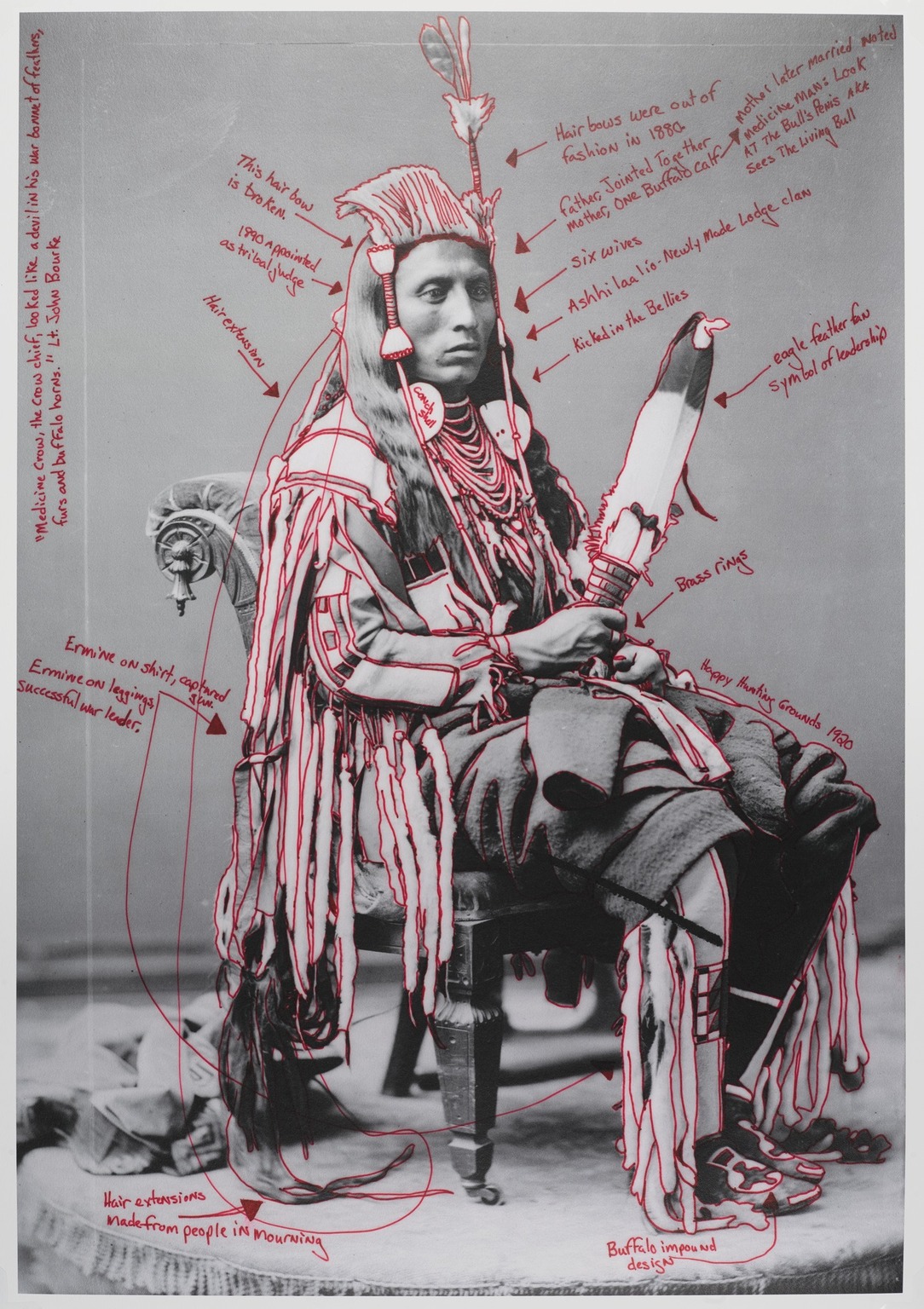
Wendy Red Star, Peelatchiwaaxpáash / Medicine Crow (Raven), 2014, from the series 1880 Crow Peace Delegation.
MHIS 429 – Topics in Film + Media Theory
Sessional Faculty
Emily Carr University of Art+Design
September-December 2021
Sci-Fi, Cli-Fi, and other Futurisms
As we contend with the current moment we are living in—pandemics, climate crisis, patriarchy, neoliberalism—we will be guided by the imaginations of filmmakers who take us through fluid temporalities that explore alternative futurisms and worldings. From dystopias to utopias to uchronias, we will examine science-fiction, climate fiction and other futurisms from multiple perspectives. Our course’s focus on futurist and speculative genres, will highlight realities in which women, Black, Indigenous, Asian, and POC exist, not just as background characters, but as protagonists of these cinematic worlds. Applying an interdisciplinary approach to film studies, we will draw from a diversity of filmmakers and thinkers who meditate on the intersections of earth justice, racial equality, feminist liberation, and (anti)capitalism. What are the philosophical underpinnings behind these narratives? How do these films comment on, critique and analyze social and political structures and their implications on our ecosystems? Guided by the filmmakers, their world-building and plural visions of our planet, we will analyze cinematic texts within speculative genre cinema (sci-fi, cli-fi and other futurisms) in order to grapple with some of these questions. 
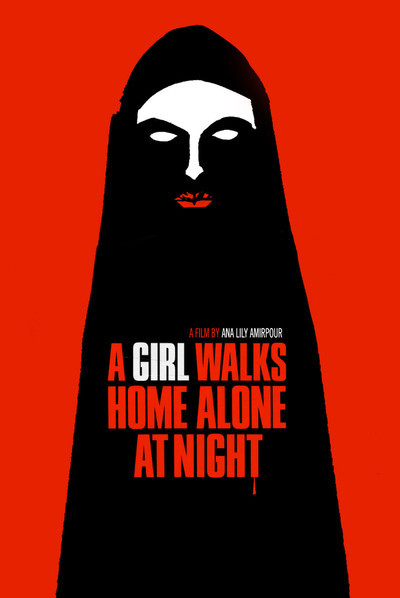
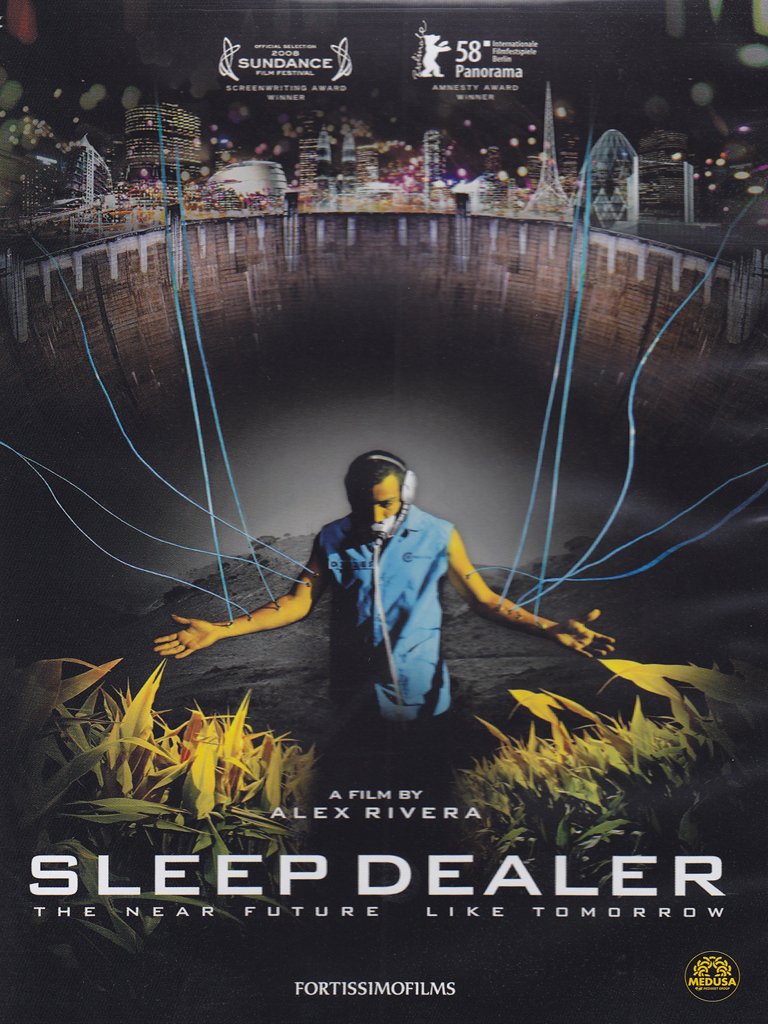
AHIS 201 - Global Perspectives in Art
Sessional Faculty
Emily Carr University of Art+Design
July-August 2021
Cosmopolitical technologies of resistance: an interdisciplinary approach to Brazilian (Afro and Indigenous) media and embodied art practices
How do Afro and Indigenous artists resist in the face of an ongoing production of coloniality - heteropatriarchy, predatory capitalism, ecocide, genocide and racism (in Brazil and across the Americas)? We will examine Afro and Indigenous art making and worldings in Brazil in order to better understand their ontological politics of resistance, difference, and radical relationalities to mother earth. We will investigate how these artists, activists, and media makers oppose, resist, and denounce the defuturing projects of powerful and oppressive forces in the country. We will consider how they offer visionary, sustainable, and modern cosmovisions for the future of our planet. Lectures, selected artworks, screenings, guest presentations, and discussions, will help frame our Latin American centric focus. We will be guided by the artists (i.e Mbya Guarani Cinema Collective, Kuikuro Cinema Collective, Preta Performance) and their works, as well as Black feminist thought (Gonzalez, Ribeiro, da Silva), Indigenous cosmologies (Kopenawa, Krenak, Terrene), media theory (Cordova, Salazar, Raheja), and decolonial thought (Cusicanqui, De la Cadena, Escobar) from Abya Yala and Afroamerica Latina.
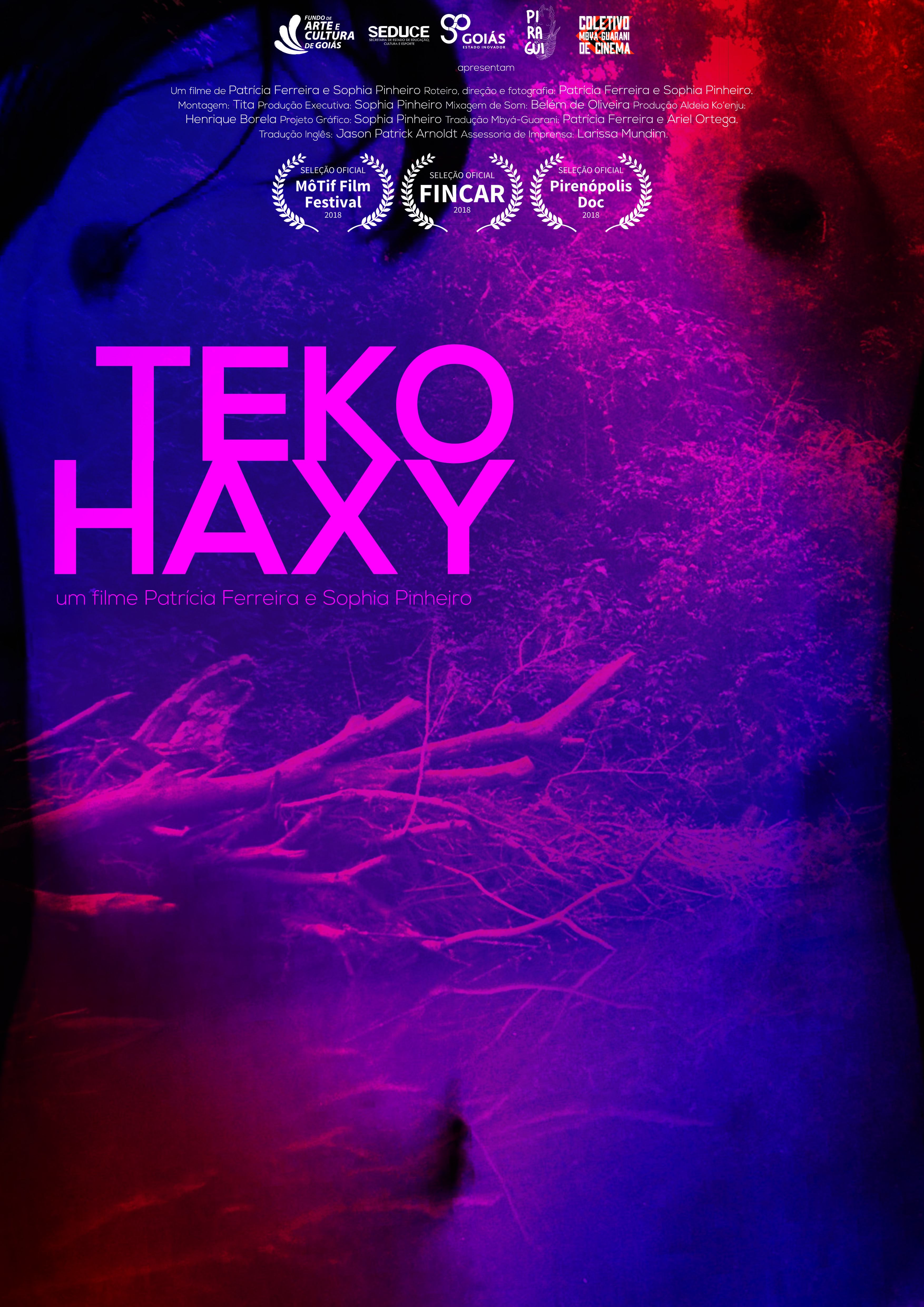
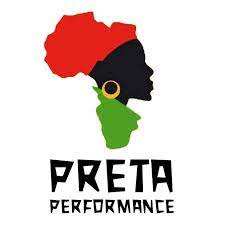
FIST 332 - Studies in Genre
Sessional Faculty
University of British Columbia
January-April 2021
Genre Cinema: from Classical Hollywood to Global Contemporary
Genre cinema theory was shaped by Classical Hollywood Cinema yet the most exciting innovations and developments in genre cinema today have happened in largely non-western contexts (think Parasite 2019 Dir. Bong Joon-Ho). From the Western, to Melodrama, to Thriller films, (and all of the subgenres in-between) we will examine the origins of genre theory within a framework that (re)evaluates how genre cinema manifests in a contemporary and global context. How does a cross-cultural analysis of genre cinema reveal diverse culturally and politically rooted histories, traditions, and functions beyond Anglo-saxon media monopolies? How can a trans-historical, cross-cultural examination of genre cinema expand how we look at it now and its importance (or not) today? These are some of the questions we will explore in this class on genre cinema as we move into borderless territories of film studies and genre bending theories.
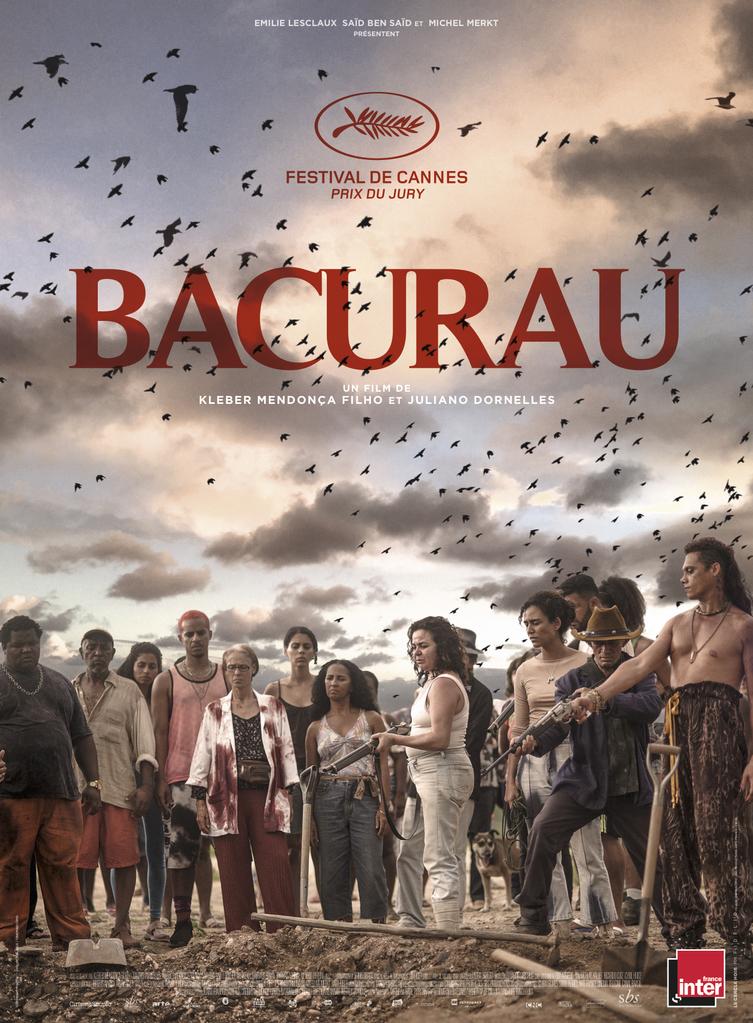
.jpg)
FIST 220 - Classical Hollywood Cinema
Sessional Faculty
University of British Columbia
January-April 2021
Classical Hollywood Cinema in Dialogue
Over the course of film history, how have filmmakers engaged with the legacy of classical Hollywood film? How are the limitations of Classical Hollywood cinema, (censorship laws, Hays code, hegemonic worldviews, orientalization), examined within contemporary frameworks? How has the monolith of Classical Hollywood Cinema produced Otherness? While the political-ideological-cultural implications of Hollywood can’t be understated, today we are in a position to examine Classical Hollywood cinema through critical race, decolonial, and feminist frames. In this course, we will take on Classical Hollywood Cinema as it dialogues with our contemporary moment, otherness, racial justice, queerness, feminism, pandemics and our lived realities and experiences.
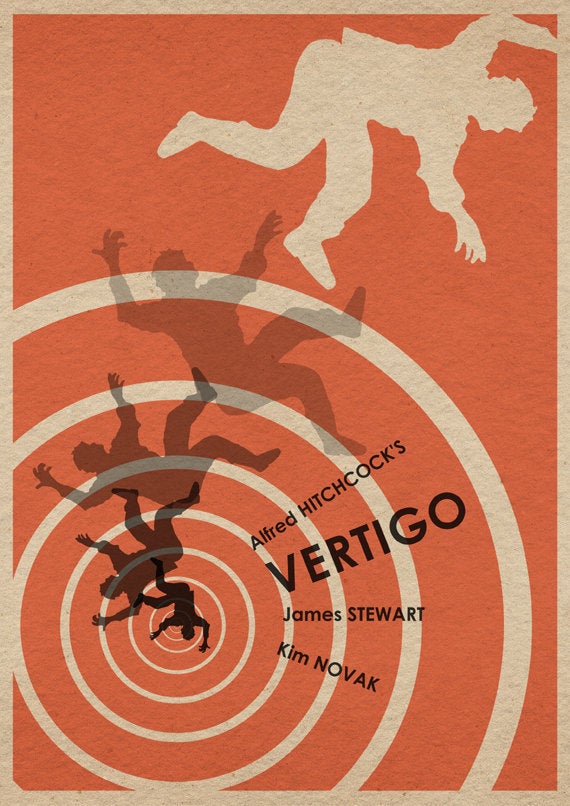
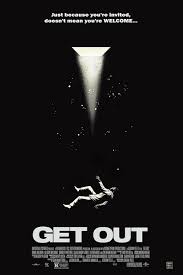
AHIS 336 - History + Contemporary Movements
Sessional Faculty
Emily Carr University of Art + Design
January-April 2021
Speculative worldmakings and the possibilities of radically different worldviews
As many before have astutely stated, a change in the real is impossible without a simultaneous change in the imaginary (Irigaray). As we contemplate the catastrophe of colonial capitalism in a pandemic world, how do speculative narratives allow us to imagine/ expand/ problematize our world(s) otherwise? How does movement organizing (i.e. Black Lives Matter – BLM, Movimento Sem Terra - MST) contribute to otherwise worldings? How have others fought for (and how can we as artist-researchers contribute to) racial justice, climate and earth justice, multispecies and other-than-human sovereignties? These are some of the questions we will explore through interdisciplinary and undisciplined methods. We will examine aesthetic, philosophical, cosmological, and practical questions from domains of knowledge pertaining to speculative worldmaking in order to better understand the global condition and imagine otherwise. We will read, attend screenings, discuss, share and co-create, as we delve into some of the questions examined from diverse fields of inquiry and contexts of production. From Indigenous knowledge systems, Afro-Futurisms, Latin American syncretisms, ecofeminisms, and movement organizing, we will move across hemispheres and temporalities as part of our pursuit on speculative worldmaking.
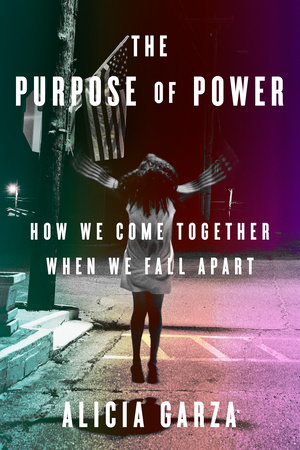
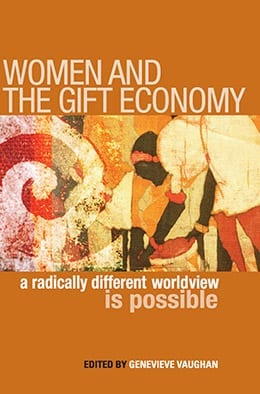

FNDT 165 - Core Interdisciplinary Studio
Sessional Faculty
Emily Carr University of Art + Design
September - December 2020
Foundation Core is an introduction to a breadth of conceptual, technical and disciplinary approaches that includes 2D, 3D and 4D disciplines. Exploring different forms of conceptual and material-based inquiry, this studio course focuses on the understanding and articulation of core values shared across contemporary art, design, and media disciplines. Foundation Core emphasizes practices and concepts that provide a solid platform for any of the degree-focused studio cores offered in the second semester.
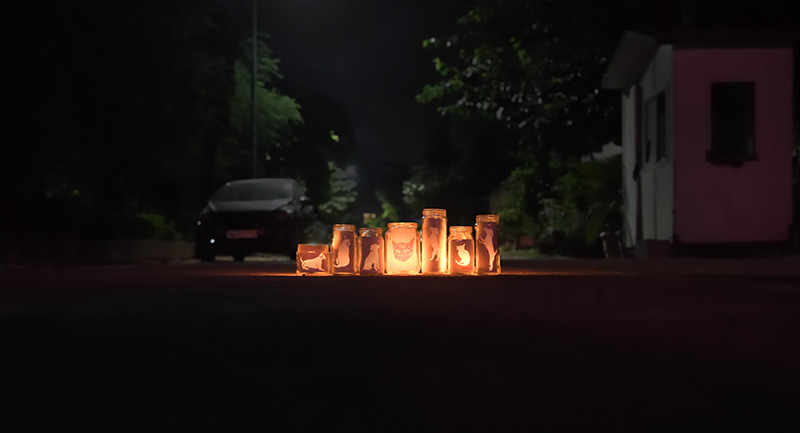
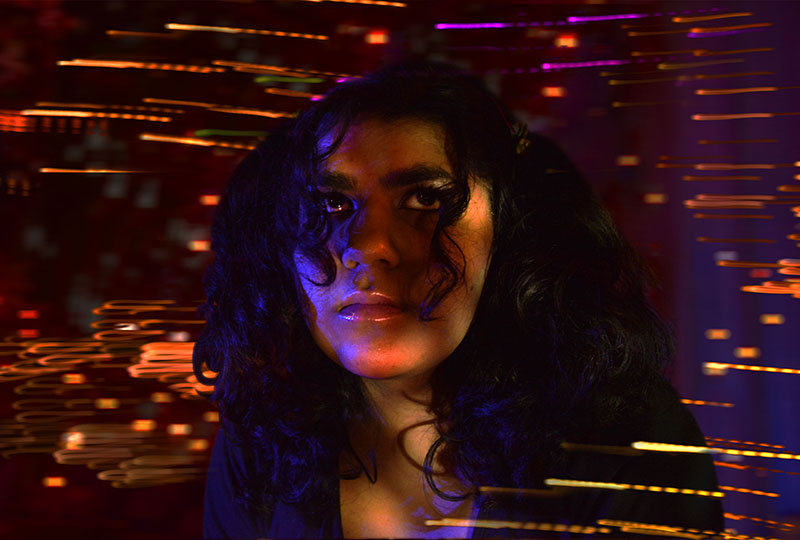
Student Artwork by Tara Osan used with permission. Outdoor installation and media art project still.
MHIS 429 - Topics in Film + Media Theory
Sessional Faculty
Emily Carr University of Art + Design
January - April 2020
Re-visioning Genre Theory
In this course, we will explore revisionist genre theory through a geo-political, racialized, decolonial, and feminist lens. How are generic categories revisited, subverted, and re-signified through non-western perspectives? This larger question will be approached through a closer look at three specific genre categories, such as the western, the horror film, and the thriller. How have these genres been revisited from an Indigenous and racialized perspective, and how have they responded to social changes in the 21st century? These are some of the questions we will examine through re-visioning and revisionist perspectives of under-represented voices in film history. Coursework involves attending mandatory screenings, participating in class discussions, engaging in theoretical readings, class presentations, and writing assignments.
.jpeg)
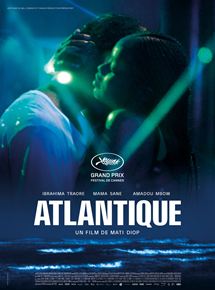
FNDT 165 - Video Essentials
Sessional Faculty
Emily Carr University of Art + Design
January - April 2020
Encompassing aspects of documentary, performance, narrative and sampled footage, this course introduces students to the technical fundamentals of cinematic theories, practices, and techniques including camera, sound, lighting, and computer editing. We will explore and practice how these tools can be developed for artistic use within the medium of film and video.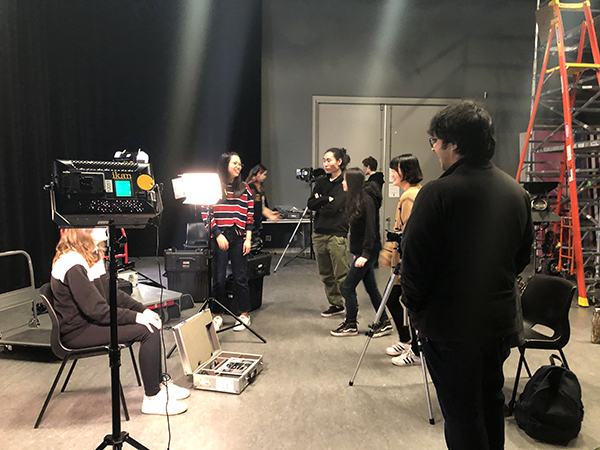
FIST 434G - Studies in Film
Sessional Faculty
University of British Columbia
September - December 2019
Refiguring Futurisms
From dystopias to utopias to uchronias, we will time travel “Black to the Future”, “South to the Future” and look at alternative futuring in Native Science Fiction through fluid temporalities that assert pasts, presents, and futures for a diversity of peoples. With a focus on Afro, Indigenous, and Latin American futurism, this course will take an interdisciplinary approach to exploring alternative futurisms. We will do so by examining the intersections of oral histories, technologies, imaginations, race, diasporas, colonization, heteropatriarchy, problematic historicizations, liberation, and futurities from and for a diversity of voices in film history. Drawing from multidisciplinary scholarship, screenings, lectures, presentations, discussions and assignments, we will immerse ourselves in current thinking around intersectional, black, feminist, Afro, Latin American, and Indigenous futurisms as we imagine a decolonized future that expands the cinematic lexicon. We will explore how perceptions of her/histories and futurities are (in)formed through cinema and how filmmaking praxes from diverse subject positions intervene in hegemonic discourses by broadening theories and histories of film studies.
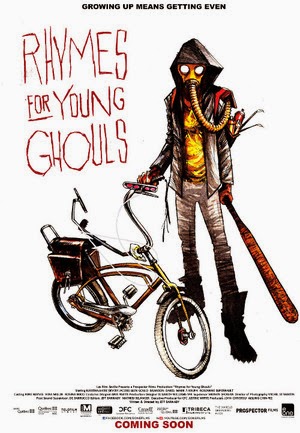
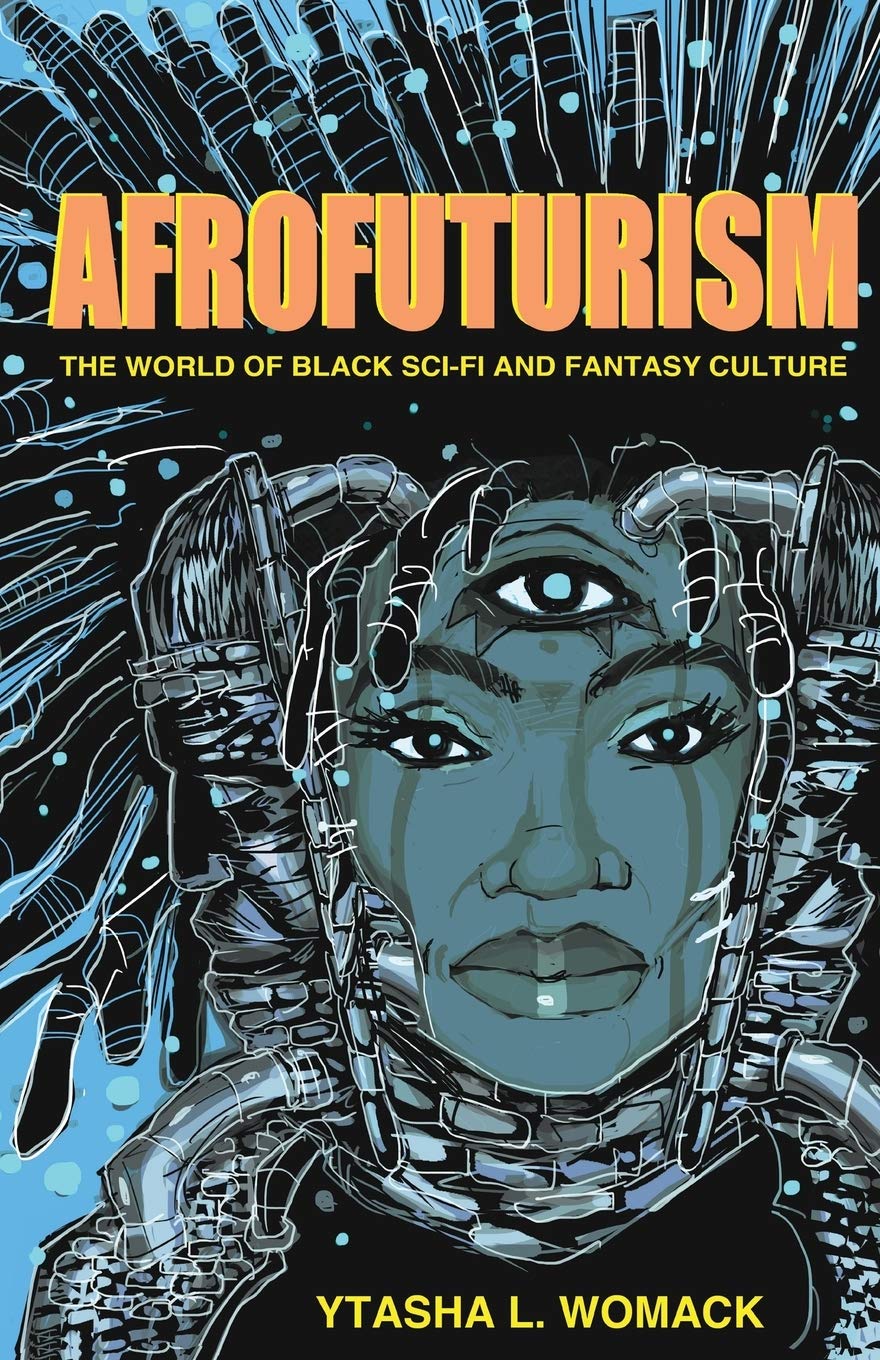
IAT 202 New Media Images
Sessional Faculty
Simon Fraser University (SIAT)
September - December 2019
New Media Images, IAT 202, is an introduction to historical, aesthetic, theoretical and practical issues in digital video production. In this course, students will simultaneously develop technical ability and creative awareness through the combination of lectures, tutorials, projects and hands- on practice. Project planning and conceptualization will be emphasized. Image composition, the basics of soundtrack design, visual effects and editing grammars will be explored toward the aim of creating a final video project.
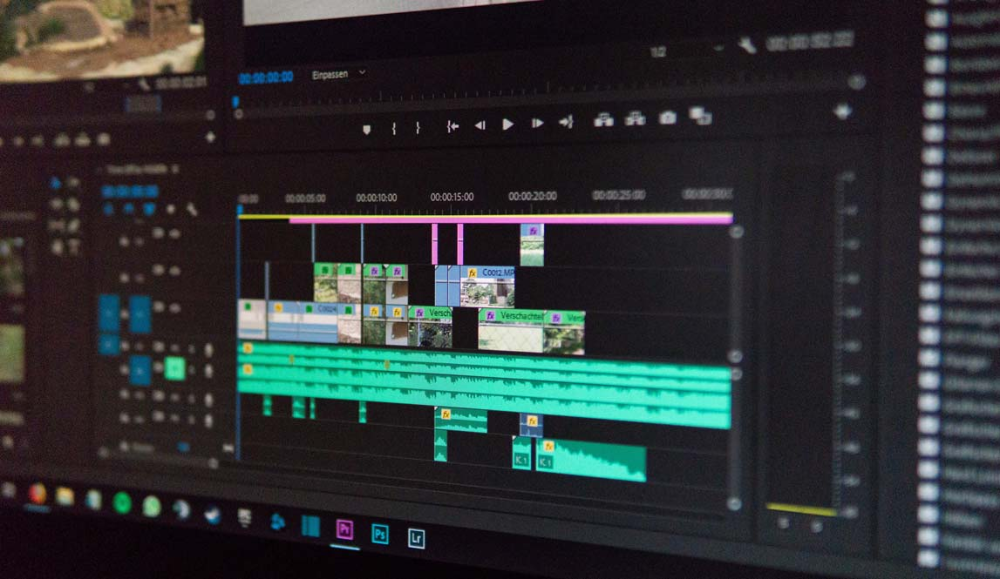
MHIS 429 - Topics in Film + Media Theory
Sessional Faculty
Emily Carr University of Art + Design
January - April 2019
Transgressive Gazes across the Americas – Cinema through a women centric lens
From Alanis Obomsawin, Ann Marie Fleming, Amanda Strong in Canada to Chicana filmmakers in the US (i.e. Lourdes Portillo, Sylvia Morales), to Latin American filmmakers (Marta Rodriguez [Colombia]), Patricia Ferreira Yxapy [Brazil], Lucrecia Martel [Argentina]), we will examine the intersectional politics evidenced in their films. This examination will feature discussions grounded in critical approaches to, and analyses of, the historical, theoretical, political, social, economic, and cultural framework of these filmmakers. We will also be revisiting concepts from film theory, such as cult theory and auteur theory, which are traditionally centred around the Euro-Western white male imaginary in order to subvert, transgress, and redefine film theory from women and women of color perspectives.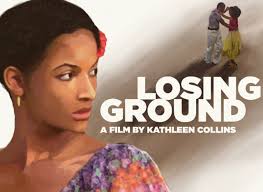
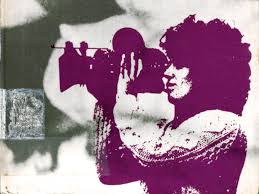
FIST 434G - Studies in Film
Sessional Faculty
University of British Columbia
January - April 2017
Poetry and Politics in Latin American Cinema
“An underdeveloped country isn’t obliged to have an underdeveloped art” (Glauber Rocha). The need to decolonize film theory and history is the imperative of this course. Cinema from the global south is not an addendum to ‘First World Cinema’; the majority of world cinema is actually produced in the “Third World”. By mapping the vibrant, often neglected, legacy of Latin American cinema, we will revisit films from New Latin American Cinema to more contemporary films from the continent in order to delve into the poetry and politics of a subjective repertoire of films. By grounding our critical approach and analyses in the historical, theoretical, political, social, economic, and cultural framework that these films were created in, “Poetry and Politics in Latin American Cinema” aims to deconstruct some of the dominant, oppressive discourses and colonial systems that provoked the counter-narratives and resistance manifest in these cinematic works. The idea is to give students a solid foundation in Third Cinema theory and its Latin American origins and legacy in contemporary Latin American film production. 